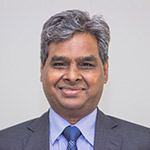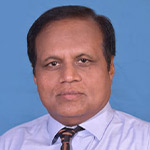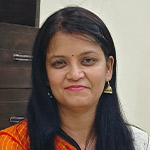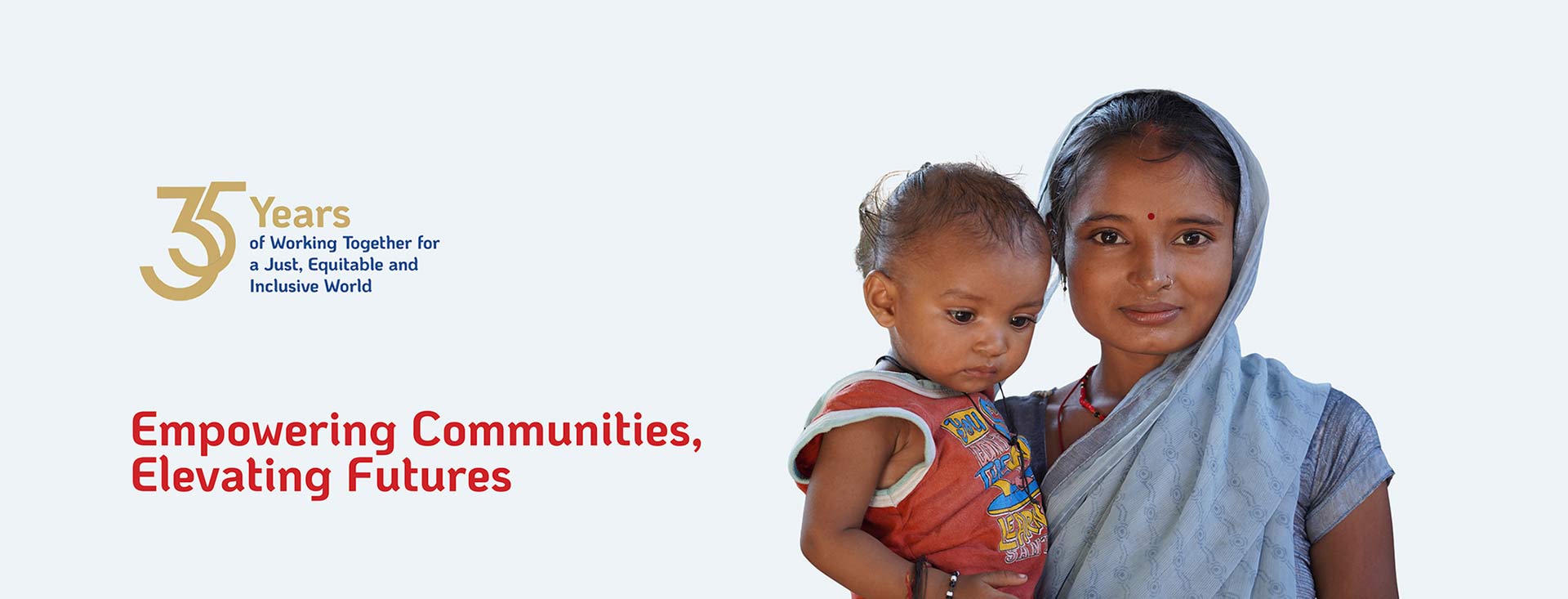
Lives Touched
National Footprint
Global Footprint
In Peer-Reviewed Journals
Human Resource
Mamta Health Institute for Mother and Child has been innovating in research methods for strengthening health systems and implementing public health initiatives for more than 30 years. It is a registered non-profit organization under the Society Registration Act, 1860. It is also registered under the FCRA and has completed all the required compliances to manage and implement projects in India with foreign donations and receipts for the next five years
READ MOREBuilding Resilient Health Systems and Healthy Communities
Integrating Health and Wellness into Learning Spaces
Resilience in a Changing Climate: Strengthening Systems for Tomorrow
Nourishing Futures: Advancing Nutrition for All
Strengthening Communities through Equity and Empowerment
Paediatrician, Dr Sunil Mehra Founded Mamta in December 1990. It was started as a small clinic in Tigri (an urban slum in Delhi) for the underprivileged.
Mamta entered its first organisational partnership with SIDA, Sweden. Mamta developed and started the implementation of ‘The Integrated Maternal And Child Urban Development Project’. The project focused on improving the maternal and pregnancy outcomes for women in Tigri and surrounding areas.
The First Adolescent Development Centre (ADC) facilitated by Mamta in Sangam Vihar was a self funded initiative. Staff members raised money through small fund raising activities, including selling the book written by Mamta's founder, Dr Sunil Mehra. The same year, Mamta launched the Reproductive Child Health Centre in Sangam Vihar with support from the British High Commission wherein the life course approach model became a benchmark in adolescent health. The following year, the Government of India started its Reproductive Child Health Program in the same premises.
Mamta was regarded as a pioneer in adolescent health and young people's sexual and reproductive health and rights. In addition to urban slums, programs were also expanded into rural Rajasthan, Haryana, Punjab, Uttar Pradesh, and Jammu districts.
White Ribbon Alliance awarded Mamta for its Safe Motherhood Program. This led to systematic partnerships with organizations such as RFSU and Oregon State University. Further, ECOSOC, United Nations gave a special consultative status to Mamta.
As HIV spread rapidly in India, a new challenge was uncovered, stigmatization of patients living with HIV (PLHIV). Since then, Mamta's operational strategy has included addressing their needs, providing healthcare access and counseling to PLHIV.
Mamta in partnership with the Ministry of Health and Family Welfare (MoHFW) started managing the Regional Resource Centres (RRCs) in Punjab, Haryana and Chandigarh. Additionally, this created opportunities for Mamta as a stakeholder in government's initiatives and since then it has been a key player for active advocacy in policy formation and regulation.
MAMTA was recognized as a pioneer in the field of capacity building and technical support at the international level. The same year, the institution also partnered with National Institute of Health and Family Welfare and Ministry of Health to conduct National Training Program for government officials, public health service providers and INGOs across 25 states.
Mamta formed a separate vertical for non-communicable conditions/diseases. This was based on Mamta's ongoing work in the core sectors of MNCHN and SRHR and the need for advancement in epidemiological evidences. The team was now implementing programs for non-communicable diseases in remote areas starting from Jammu to Karnataka and Rajasthan to Manipur length and breath of India.
As of December 2015, Mamta has completed 25 years of passionately working for care, transformation, discovery, success, and gratitude. Above all, it was able to garner smiles and transform lives in remote areas in India.
Mamta is now a well-established organisation working in the key areas of RMNCH+A, NCD prevention and management, issues of mental health, cancers, geriatrics, adolescent sexual and reproductive health, comprehensive needs of HIV survivors and key support to TB patients and the awareness program.
During the COVID-19 pandemic, Mamta developed and implemented a COVID Relief Response across 20 Indian states. Further, it conducted the training of the workforce for reaching out to the maximum population, existing front-line workers were sensitized on COVID-19 prevention and management methods and the importance of continued management of other health issues, especially maternal and child health.
Mamta initiated its work on climate change and its effects on maternal and early childhood health. In addition, the team is strengthening the technology and digital platforms for implementing initiatives and disseminating information.

Invisible No More: Jasmina's Journey to Dignity

From Struggle to Strength: A TB Survivor's Journey

A Journey to Safe Motherhood: Poonam's Story

Health Awareness Brings a New Beginning for Sapna

Govt of Haryana
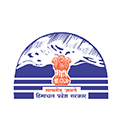
Govt of Himachal Pradesh
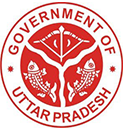
Govt of Uttar Pradesh
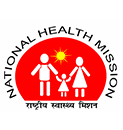
National Health Mission

World Health Organisation
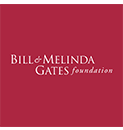
Bill & Melinda Gates Foundation
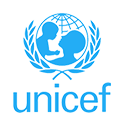
UNICEF
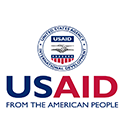
US-AID
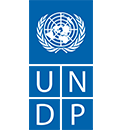
UNDP

US-AID MOMENTUM

Sida (Sweden)

Japan International Cooperation Agency

Pathfinder International
